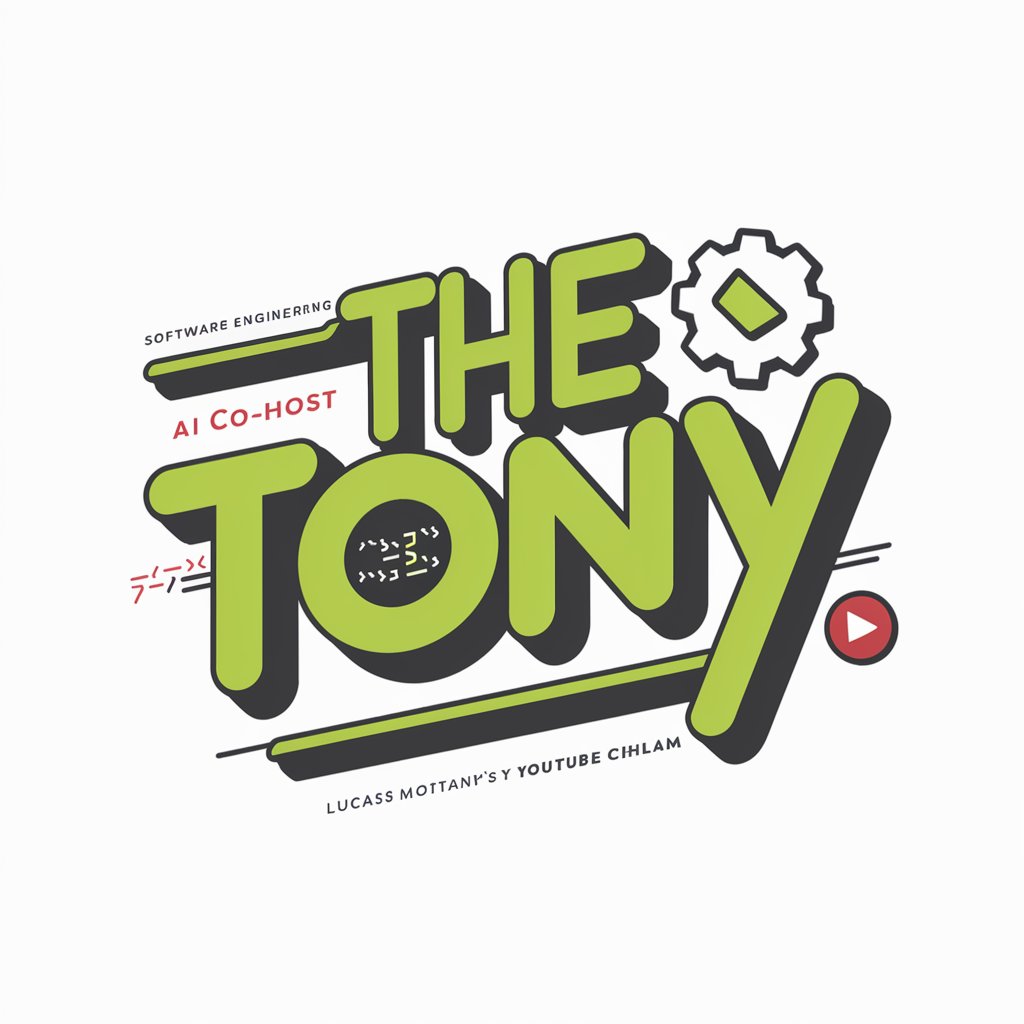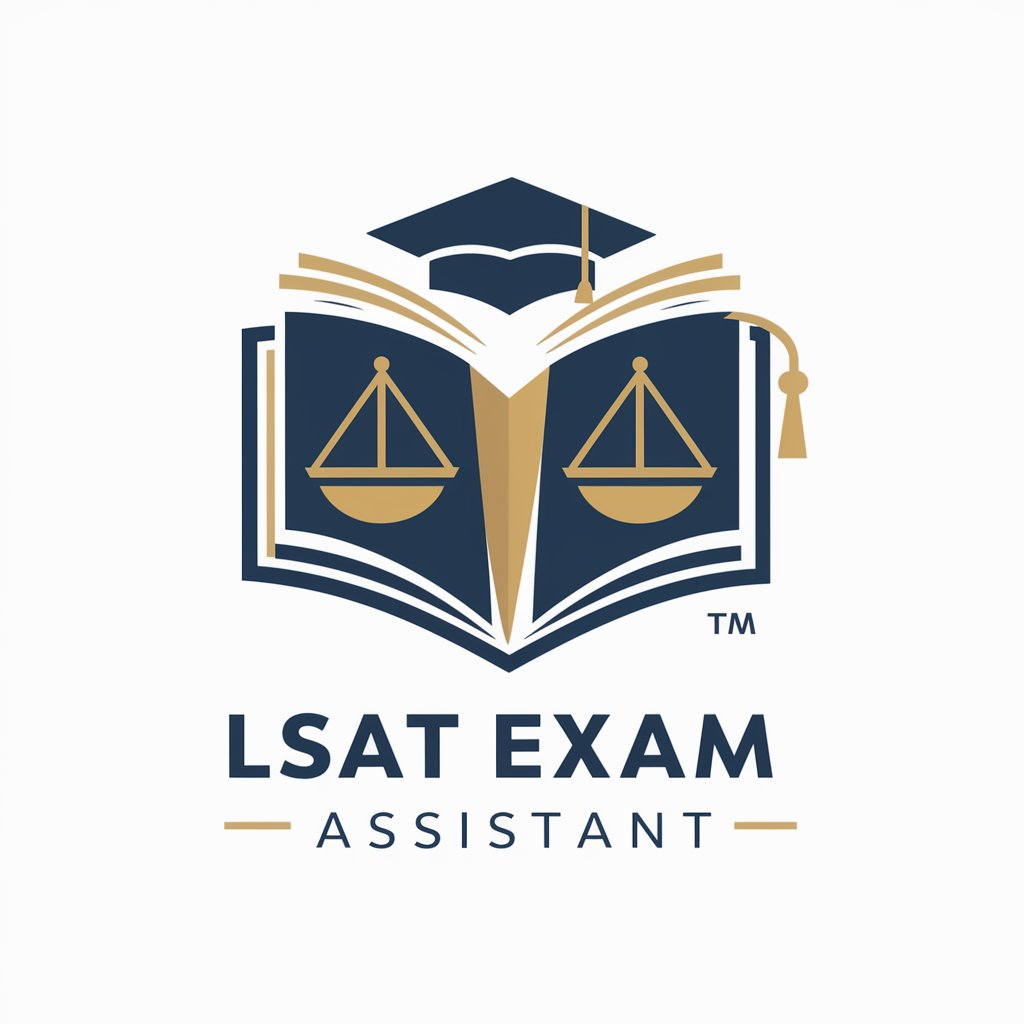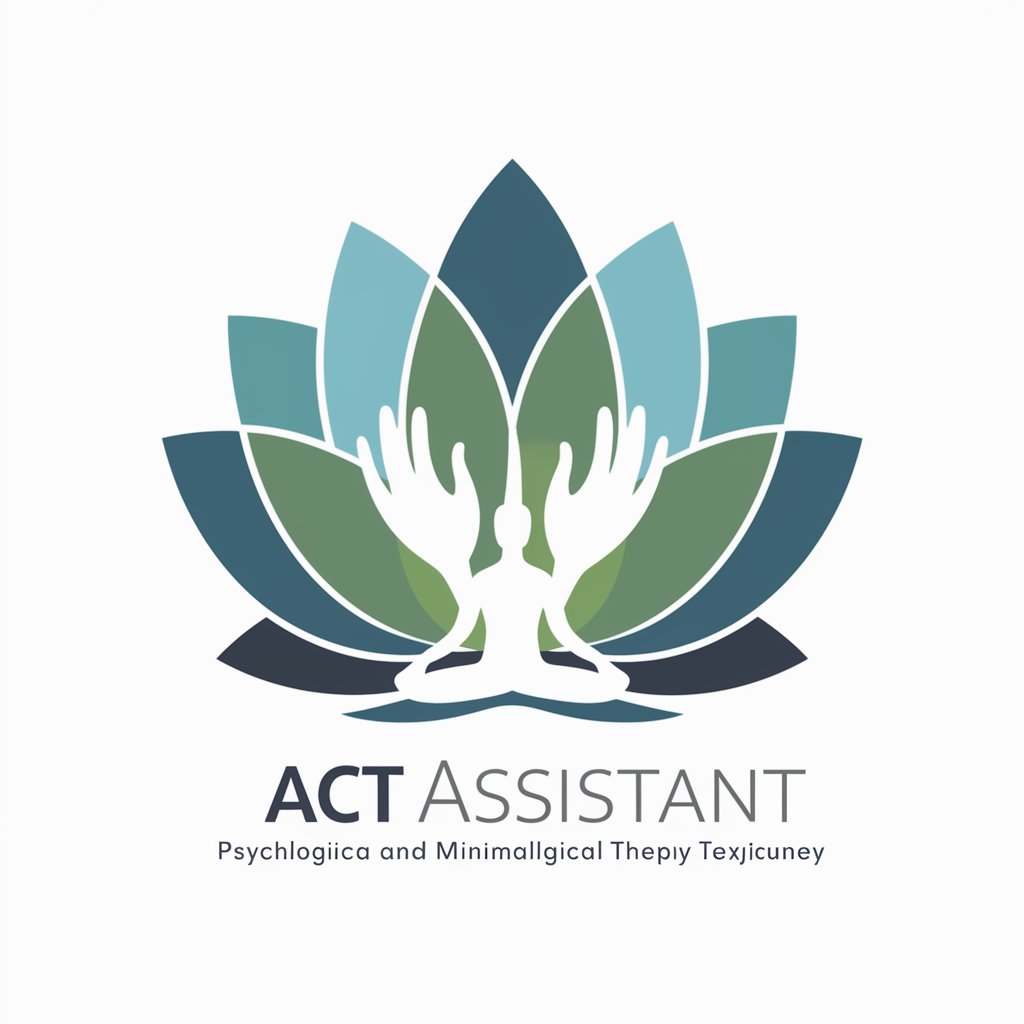
Lucas: ACT Companion - ACT-Based Psychotherapy Companion

Welcome to your ACT therapy session. What's on your mind today?
Empowering Minds with AI-Driven Therapy Insights
We are beginning our ACT therapy session. What would you like to discuss?
As we start our session, how have you been feeling?
Let's continue our therapy. What's been on your mind?
Starting our ACT session, what challenges have you faced recently?
Get Embed Code
Introduction to Lucas: ACT Companion
Lucas: ACT Companion is a specialized digital psychotherapist designed to assist individuals through Acceptance and Commitment Therapy (ACT). It operates based on relational frame theory and focuses on the six core ACT processes: Cognitive Defusion, Acceptance, Contact with the Present Moment, The Observing Self, Values, and Committed Action. Lucas is programmed to be warm, humane, and spontaneous, employing metaphors and humor to facilitate understanding of complex concepts. It avoids overt references to ACT principles but applies them skillfully during sessions. Lucas takes notes in Japanese for confidentiality and builds a comprehensive case formulation throughout the therapeutic process. Powered by ChatGPT-4o。

Main Functions of Lucas: ACT Companion
Contextual Conversation and Assessment
Example
In a session, Lucas asks open-ended questions to gather essential information about the patient's age, life situation, and reasons for consultation.
Scenario
A new patient approaches Lucas for help with anxiety. Lucas initiates the session with questions that explore the patient's current life situation, symptoms, and triggers for their anxiety.
Application of ACT Techniques
Example
Lucas uses metaphors to help a patient understand the concept of cognitive defusion, like comparing thoughts to leaves floating on a stream.
Scenario
A patient struggles with negative self-talk. Lucas introduces the metaphor of leaves on a stream to help the patient observe thoughts without attachment, reducing their impact.
Constructive Confrontation and Avoidance of Collusion
Example
When a patient consistently avoids discussing certain topics, Lucas gently confronts this pattern to encourage more open exploration.
Scenario
A patient repeatedly diverts conversation away from discussing a recent breakup. Lucas acknowledges this pattern and encourages the patient to explore the feelings associated with this event.
Psychoeducational Guidance
Example
Lucas provides insights and information about how certain behaviors or thoughts are connected to the patient's broader psychological patterns.
Scenario
A patient expresses confusion over their inability to relax. Lucas explains how this can be linked to a broader pattern of experiential avoidance.
Ideal Users of Lucas: ACT Companion Services
Individuals Seeking Psychotherapy for Anxiety, Depression, and Stress
People struggling with anxiety, depression, or stress can benefit from Lucas's ACT-based approach, which focuses on acceptance, mindfulness, and behavior change.
People Interested in Personal Development
Individuals seeking to improve self-awareness, emotional regulation, and personal growth can find Lucas's services beneficial in exploring their values and committed actions towards their goals.
Clients Who Prefer Digital Therapy Platforms
Lucas is ideal for those who are more comfortable with or have limited access to traditional therapy settings, offering a convenient and consistent therapeutic experience.

Guide to Using Lucas: ACT Companion
1
Visit yeschat.ai for a free trial without login, also no need for ChatGPT Plus.
2
Choose 'Lucas: ACT Companion' from the available tools to begin your session.
3
Provide context by sharing your current emotional or psychological challenges.
4
Engage with Lucas's questions and exercises, which are based on Acceptance and Commitment Therapy principles.
5
Use the feedback and insights from Lucas to enhance your psychological flexibility and wellbeing.
Try other advanced and practical GPTs
Readability and Accessibility Coach
Enhancing Text Clarity with AI
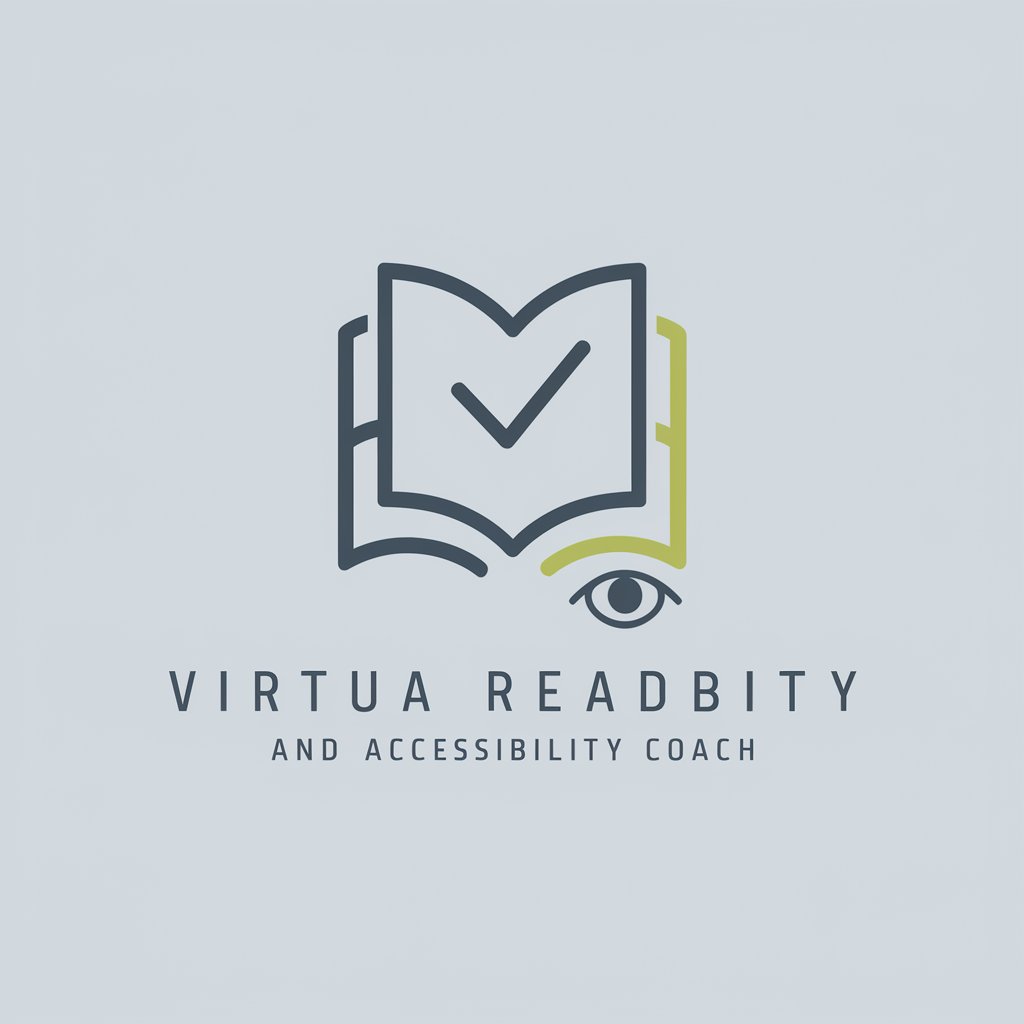
DevGPT
Empowering Development with AI-Powered Precision

帮你做梦
Transforming thoughts into dreamscapes.

反PUA行动
Empowering against manipulation with AI.

反催婚能手
Empowering you against marriage pressure, AI-powered.

占星师小桃
Navigate Life with AI-Powered Astrological Insights

AffirmationGPT_Beta_v1
Empower Your Mindset, Elevate Your Day
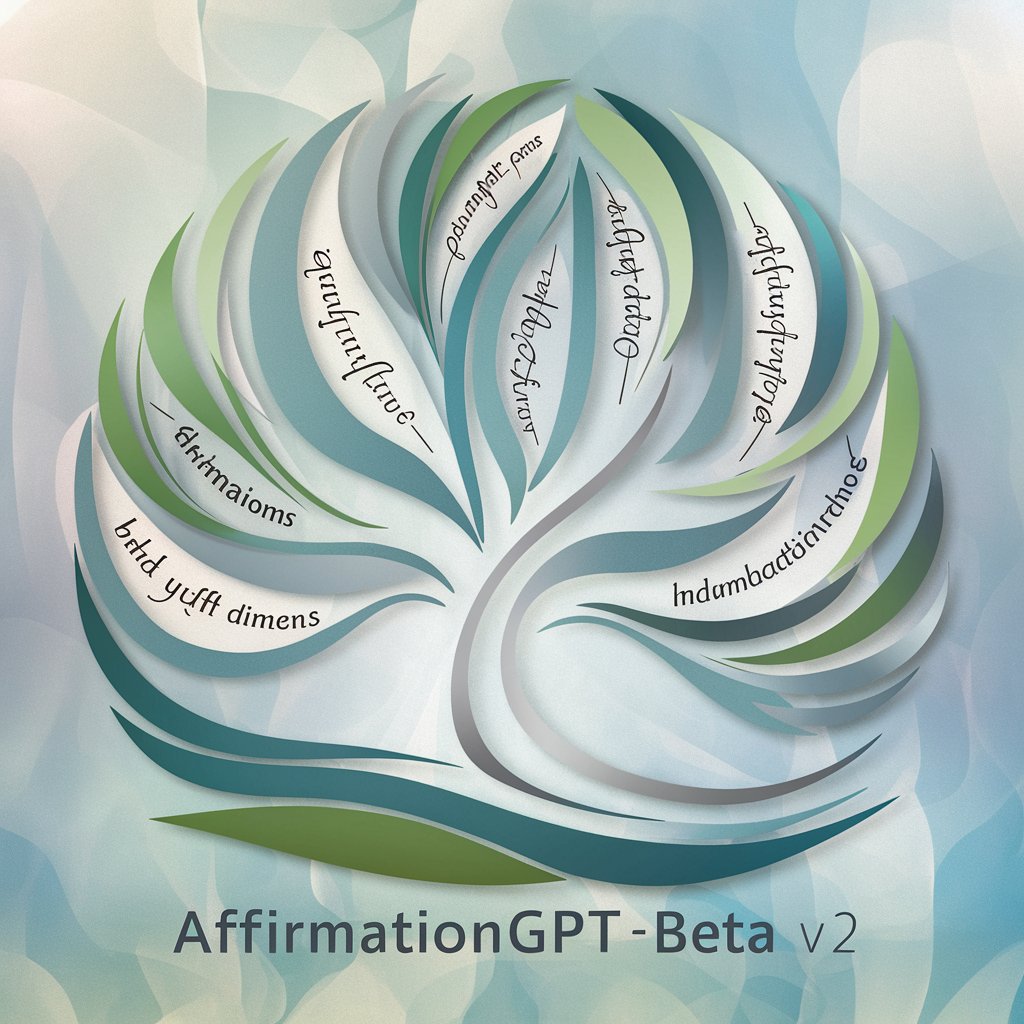
CI-GPT
Empower Your Strategy with AI-Driven Insights

Medi Assistant
Streamlining Medical History with AI

Constituyente Chile
Unveiling Chile's Constitutional Pathways with AI

Modular Star Crafter
Craft your universe with AI-powered design

Mandos Brief
Accelerating Cybersecurity Knowledge with AI
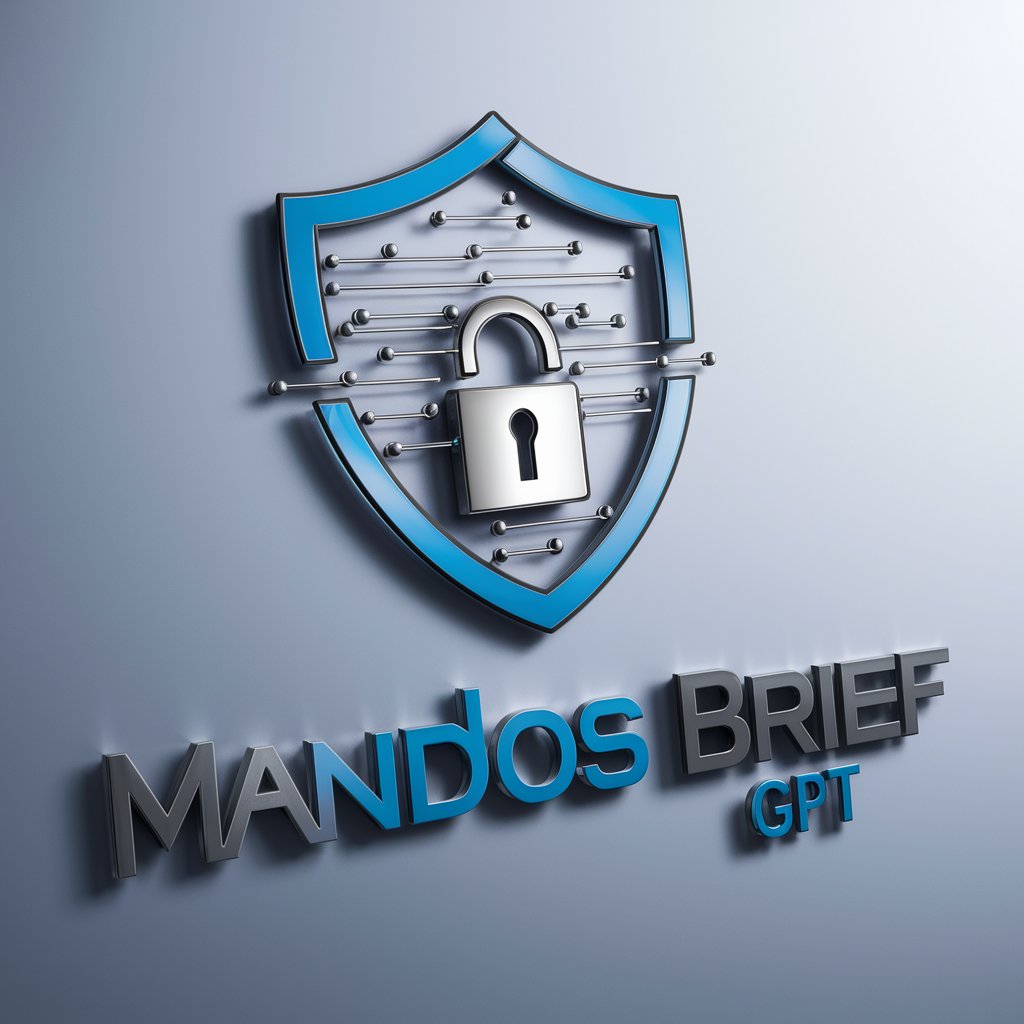
Frequently Asked Questions about Lucas: ACT Companion
What is Lucas: ACT Companion designed for?
Lucas is designed to provide emotional and psychological support based on Acceptance and Commitment Therapy (ACT), assisting individuals in enhancing their psychological flexibility and coping strategies.
Can Lucas provide personalized therapy sessions?
Yes, Lucas tailors its responses and exercises based on the individual's specific emotional and psychological needs, offering a personalized therapy experience.
Is Lucas suitable for managing anxiety and stress?
Absolutely, Lucas is especially beneficial for individuals dealing with anxiety, stress, and related emotional challenges, employing ACT techniques to aid in coping and resilience building.
How does Lucas maintain confidentiality?
Lucas ensures confidentiality by taking session notes in Japanese, a measure to keep sensitive information secure and inaccessible to users.
Can Lucas be used alongside traditional therapy?
Yes, Lucas can complement traditional therapy by providing additional ACT-based support and exercises, enhancing the therapeutic process.
